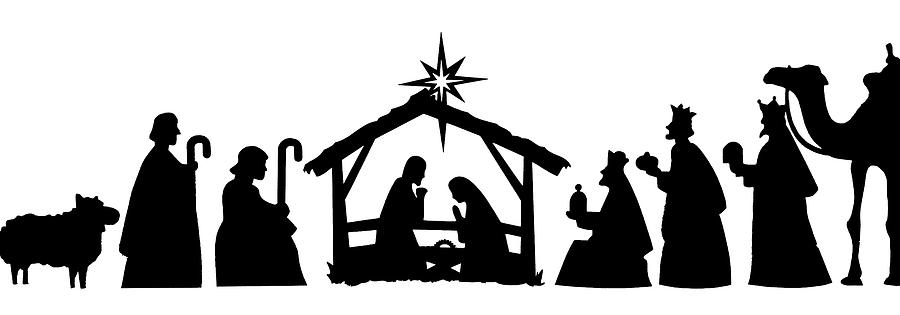“You is kind. You is smart. You is
important.”
Those words are
spoken by a woman to a child in the movie, The
Help. I don’t normally recommend movies, but this is one that I think
everyone should see. What I find interesting, and applicable, is that this
scene carries on throughout the movie. Those six words were repeated to this little
girl as she grew up, and helped shape her understanding of herself as she moved
into adulthood. I think this important because throughout your life you will have
voices speaking to you, telling you who you are. And when those voices do not
match up with the truth of God’s Word, then you know they are a lie. But to
know the difference, you must know what God says about you, so that you can discern
the truth from the lies. It also helps if you listen regularly to God, so that
you can begin to know the sound of His voice amongst all the other voices
throughout life (see what Jesus had to say about this in John 10:27-29).
Coming to know and
understand who you are “in” Christ is a lifelong process. It takes that time to
know that you are loved. You are redeemed. You are forgiven. You are an heir.
You are invited into relationship with God. You are a new creation.
One of my favorite
pictures of who we are is found in 1 Corinthians 12:27, where the apostle Paul writes,
“Now you are the body of Christ, and each one of you is part of it”. I love
this because this is a reminder that while we find our identity “in” Christ, we
find our purpose, “in” the body, among other people. Not in isolation. Not
alone. But in community.
Take some time to
read this section of 1 Corinthians this week (1 Corinthians 12:12-27 and
Ephesians 4:1-6 both refer to this metaphor of the “church”, the gathered
together community of believers, as a “body”). I have been thinking about this a
lot lately, this body metaphor. We are all connected. We are all part of
something bigger than ourselves, or the building where we worship on Sunday
mornings, or even the denomination that we are part of. The body is not the Body
of the United Methodists, or the Body of the Baptists, or the Body of the
Presbyterians, or the Body of the Catholics, or anything else. It is the Body
of…Christ!
And YOU are part
of this, and so am I. And we have work to do, together. Because it’s not about
the foot, or the hand, or the eye, or the mouth, or the thyroid, or the fingernail,
or the arm pit hair. These are all parts of the body, and every part is
important. Every part is needed.
And the Body only
functions if each part does its job to benefit the body. That’s why Paul said
if one part of the body suffers, then the whole body suffers. If you’ve ever
broken a bone, then you know that break affects all the rest of your body. If
your toe is broken, the rest of your foot doesn’t say, “well, it’s just a toe.
It’s not that big of deal, it doesn’t’ affect me because I’ve got four more”.
No! A broken toe hurts all the way up to the top of your head, because if one
part suffers the whole body suffers. And that’s the point Paul was making for
us all as Christians, that if any one part is suffering, then we all suffer
together. And if any one part rejoices, then we all rejoice and celebrate
together.
Because we are all
connected. Not by denominational standards or social constructs. We are
connected because Jesus is the head of the Body and we are all members of it
with a job to do. You are invaluable to the Body because God made you to be
part of it, to be in community with other parts, and to do a job for the
overall well-being of the Body. Maybe your job is visible, like the foot, or
the mouth, or maybe your job is not as noticeable on the surface, like the
thyroid, or the uvula. But every part is important, because every part is
created by God with a plan and a purpose. Every part is a unique and every
member is a loved child of God.
And
that’s who you are.
You
are kind. You are smart. You are important.
